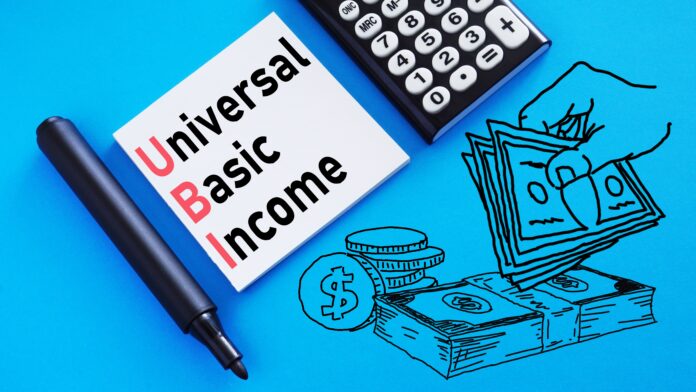
New research crushes liberal dreams that universal basic income solves poverty, as recipients of $500 monthly handouts end up just $100 richer and smoking more cigarettes.
At a Glance
- A National Bureau of Economic Research study found UBI recipients receiving $500 monthly only ended up $100 richer
- The Roosevelt Institute’s claims that UBI would significantly grow the economy are based on contentious assumptions
- UBI recipients showed increased tobacco consumption and part-time workers decreased their labor market participation by 13 percentage points
- Conservative critique suggests economic growth and job creation are more effective solutions than government handouts
The Liberal UBI Fantasy vs. Economic Reality
The left’s latest silver bullet for solving poverty – universal basic income (UBI) – is facing devastating criticism as new research exposes the gaping holes in their grand wealth redistribution scheme. The National Bureau of Economic Research conducted a study showing participants receiving approximately $500 per month only ended up $100 richer and, incredibly, smoked more cigarettes. This reality check comes as progressive academics and politicians continue pushing UBI as a cure-all for society’s economic challenges, despite mounting evidence that free government money doesn’t create the prosperity they promise.
The study delivered several blows to UBI advocates, finding part-time workers had a 13 percentage point decrease in labor market participation when receiving the handouts. While debt balances declined by $2,190 over 18 months compared to a control group, these results weren’t even statistically significant. Perhaps most tellingly, the research found “moderately strong evidence of increased tobacco consumption” among recipients – hardly the financial responsibility and improved quality of life that UBI promoters advertise as inevitable outcomes of their program.
Dubious Economic Claims
Liberal economists from the Roosevelt Institute have made extraordinary claims that implementing UBI without raising taxes could grow the economy by 12.56 to 13.10 percent by 2025, supposedly increasing GDP by about $2.5 trillion. These rosy projections rest on highly contested assumptions that our economy suffers primarily from lack of demand, which magically manufactured government money would solve. It’s the same tired Keynesian approach that has repeatedly failed to deliver sustainable economic prosperity while saddling future generations with unsustainable debt.
“Our fear that people will quit their jobs en masse if provided with cash for free is false and misguided.” – Ioana Marinescu
This claim from Marinescu epitomizes the wishful thinking undergirding UBI proposals. Yet the National Bureau of Economic Research study directly contradicts this assertion, showing that part-time workers absolutely did reduce their labor market participation when given free money. Even the Roosevelt Institute acknowledges implementing a full UBI would require unprecedented tax increases on the middle class and wealthy, despite their fantastical claims about stimulating economic growth through massive government spending programs.
The Conservative Solution: Growth Over Handouts
The fundamental problem with UBI and similar socialist redistribution schemes is that they ignore basic economic reality: wealth must be created before it can be distributed. A truly conservative approach focuses on unleashing economic growth through decreased regulation, lower taxes, and creating an environment where businesses can thrive and create meaningful jobs. This growth-oriented approach has historically lifted more people out of poverty than any government handout program ever conceived.
Socialism’s allure has always been the promise of getting something for nothing – the seductive notion that government can simply manufacture prosperity through printing money and distributing it to citizens. Yet history shows this approach inevitably fails, creating dependency rather than opportunity. The latest UBI research confirms what conservatives have long understood: economic freedom and job creation – not government dependency programs – remain the most reliable path to reducing poverty and creating genuine prosperity for American families.
Sources:
https://www.thirdway.org/memo/five-problems-with-universal-basic-income
https://townhall.com/tipsheet/mattvespa/2025/03/07/universal-basic-income-study-n2650131






















